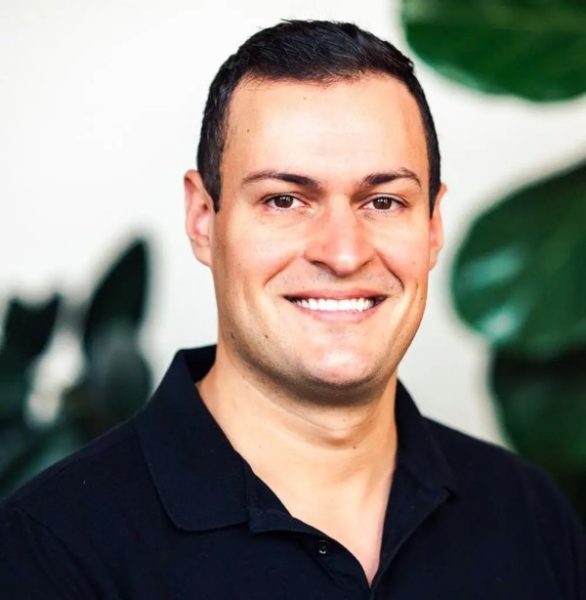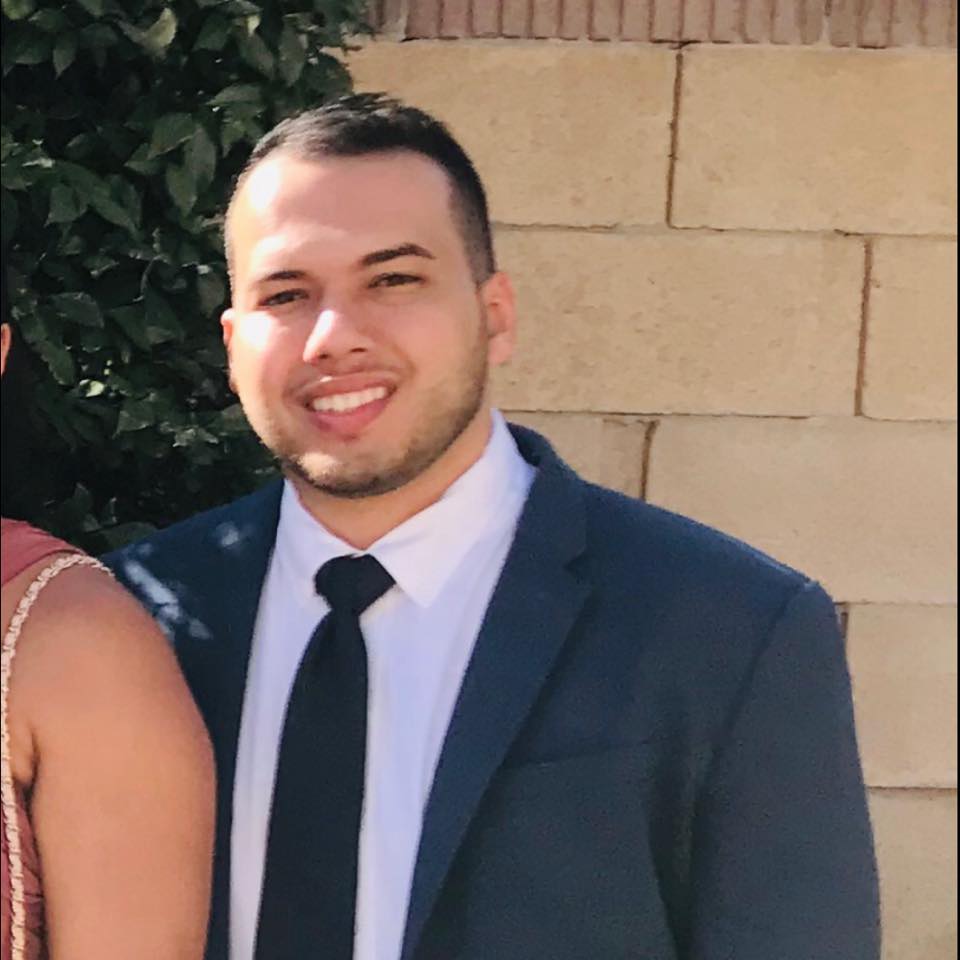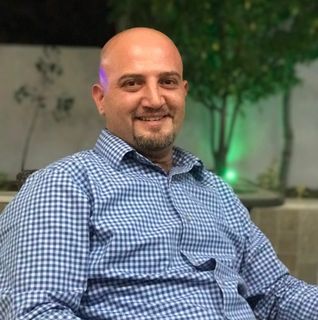Testimonials

Dr. Feras Ziadat
Dr. Feras Ziadat offers comprehensive dental care in his family office located in Tempe, Arizona. Focusing on cosmetic and implant dentistry, Dr. Ziadat has extensive experience in providing his patients with comprehensive, high quality dental implant solutions.
Dr. Ziadat completed his high school and undergraduate education in Indiana, where he graduated with a Bachelor of Science in Psychology with an emphasis in Biology and Chemistry. He then received his Doctor of Dental Medicine (D.M.D.) degree at the A.T. Still University in Mesa, Arizona.
Every year on Veteran’s Day Dr. Ziadat and his team volunteer at the office to provide free dental care to our great veterans. Dr. Z is looking forward to doing more of the same in the east valley.
Education:
- - Indiana University; B.S. Degree
- - A.T. Still University, Mesa, AZ; D.M.D. Degree
Professional Memberships:
- - American Dental Association
- - Arizona Dental Association
- - Academy of General Dentistry
- - American Academy of Implant Dentistry
Areas of Special Interest:
- - Cosmetic Dentistry
- - General Dentistry
- - Implant Dentistry
Definition of Dental Implant Terminology
Dental Implant
A dental implant is an artificial tooth root that is placed into your jaw to hold a replacement tooth or bridge. Dental implants may be an option for people who have lost a tooth or teeth due to periodontal disease, an injury, or some other reason.
Implant-Supported Bridge
An implant-supported bridge is a dental bridge that professionals fix in place with the use of dental implants inserted in the jaw to create a sturdy set of artificial teeth.
All on 4 Implants
All-on-4 dental implants are a full set of implants designed to replace your entire upper or lower set of teeth. They act as a more permanent and natural-looking alternative to dentures.
Single Tooth Implants
Single Tooth Implants are the most common form of dental implants and, as the name implies, are designed to replace the root of a single tooth.





